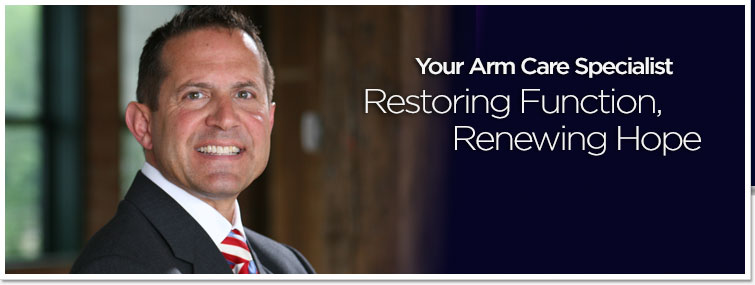NOTICE:
Our Practice has MOVED
Our new location is:
Suite 405
1815 South Clinton Ave
Rochester, NY, 14618.
The NEW phone number is 585-565-3500
Our Practice has MOVED
Our new location is:
Suite 405
1815 South Clinton Ave
Rochester, NY, 14618.
The NEW phone number is 585-565-3500

For appointments call
585.565.3500
Fax Number:
585.434.4081
585.565.3500
Fax Number:
585.434.4081

Making connections is our most compelling currency
May 30th, 2016
Vinod Khosla is an Indian/American businessman who made his early fortune as one of the co-founders of Sun Microsystems, where he was the founding CEO and chairman in the early 1980s. He has become quite legendary for speaking about the need to reframe failure in the pursuit of transformational outcomes. This certainly applies to transformation in health care. He has even gone so far as to suggest that future doctors will more likely graduate from the UCLA Film School than from Stanford Medical School.In reflecting on why he would make such a prediction, even in jest, I started to think about the schism, too often, between the “patient experience” and the “outcome” as defined by the doctor providing the care. We , as physicians, may overvalue our personal command of the literature and knowledge of “data” without necessarily continuing to hone our nontechnical acumen at making meaningful connections with our patients. We may actually pay too much homage to the “medical evidence” as if it is the holy grail, when history has actually revealed that given the exact same data to interpret, different physicians may or may not make clinical decisions alike. And too frequently we may abandon treatments that we once recommended enthusiastically.
It is well known that despite “task success,” the quality of the patient experience varies depending on the perception of the human connection between patient and physician. If we question that, look no farther than the meaningful, authentic and trust-filled relationships in your own life------making a connection imbues the interaction with a priceless component that can be uplifting beyond the evidentiary substance of the interaction.
I have certainly witnessed this firsthand as I have evolved throughout my career. M y training in the 1990’s underscored the development of extraordinary technical skills---the ability to move a toe to the hand to make a new thumb, to replace an arthritic shoulder or elbow or wrist or finger joint with an implant, and to fix fractures or repair severed nerves and tendons throughout the upper extremity----and the list goes on.
And these procedures continue to evolve—in search for better outcomes. But it’s only been through transforming my appreciation of my most impactful currency----my listening, empathy, and interest in making genuine connections with my patients---that I have been able to further my quest for superlative patient experiences. Transformational care in my field, and in any field of medicine, will continue to require the scientific method, new discoveries and advances, but to really transform the care experience, Mr. Khosla may be on to something.
As physicians, our expertise is our entry ticket into the arena of health care, but we can be so much more impactful if we redefine what our most compelling currency is.
Replies
No replies!



